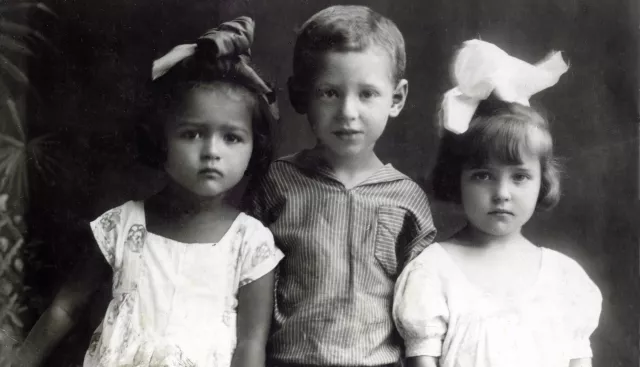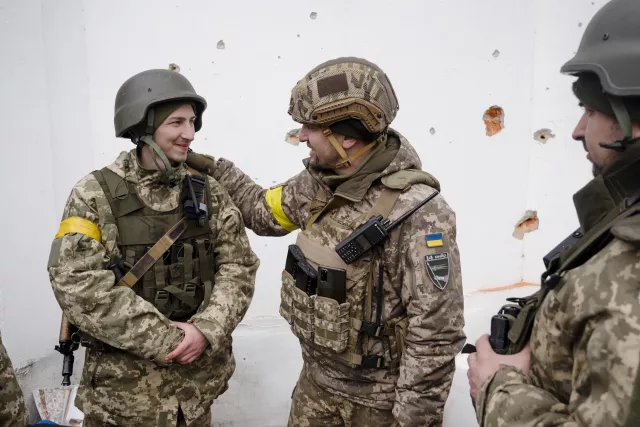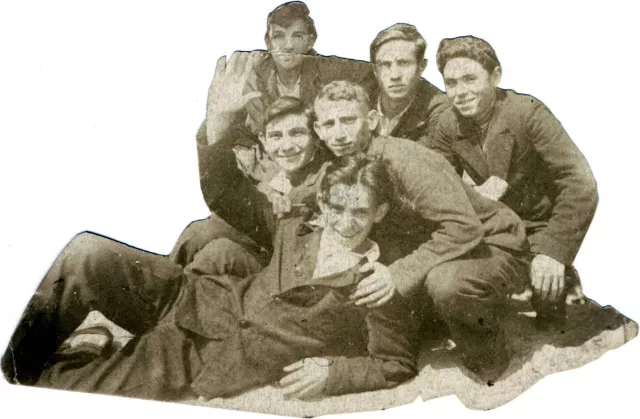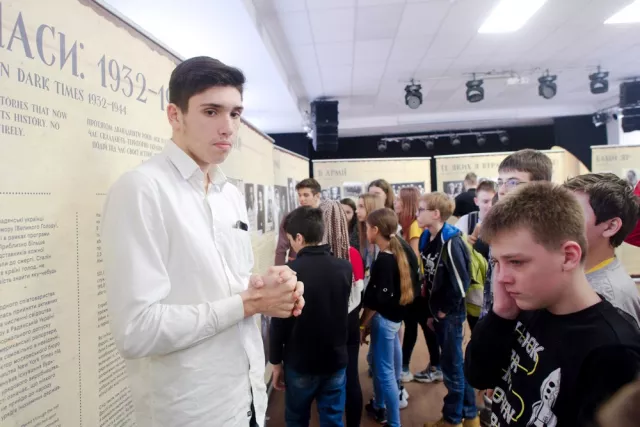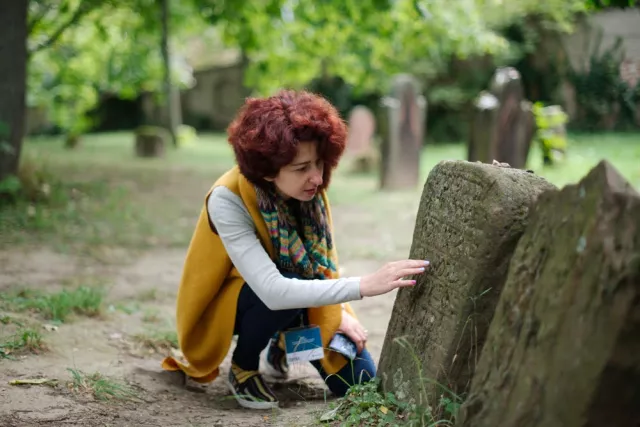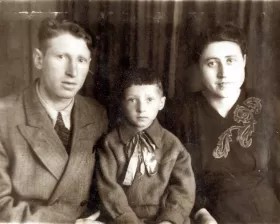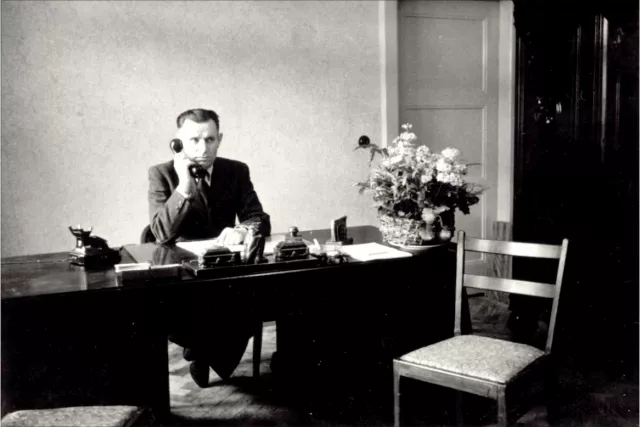Wir freuen uns, Pädagogen aus Deutschland, Polen, Serbien, Kroatien und der Ukraine einzuladen, die wiederum junge Menschen für das iMemory-Projekt nominieren können. Aufbauend auf dem Erfolg der MemoryLanes-Initiative verlagert iMemory anlässlich des 80. Jahrestages des Endes des Zweiten Weltkriegs den Fokus auf die jüdische Gegenwart in Europa. Das Projekt fördert ein vielfältiges, tolerantes Europa durch den Jugendaustausch zur Bekämpfung von Vorurteilen.
Wer kann sich bewerben? Wir suchen junge Menschen im Alter von 14 bis 19 Jahren mit einer Leidenschaft für jüdische Geschichte und Erinnerungskultur. Pädagogen werden ermutigt, junge Menschen zu nominieren, indem sie sie bitten, ein Motivationsschreiben einzureichen, das ihr Interesse an dem Projekt erklärt. Die Pädagogen sind die Ansprechpartner für die lokalen Projektkoordinatoren.
Was wir anbieten:
- Kickoff-Konferenz in Berlin: 6. bis 8. Dezember 2024
- Abschlusskonferenz in Kraków: November 2025
- Online-Workshops: Bilaterale (Serbien/Kroatien) und trilaterale (Deutschland/Polen/Ukraine) Treffen im Januar und August 2025
- Persönliche Begegnungen: Belgrad (Serbien/Kroatien) und Warschau (Deutschland/Polen/Ukraine) im Sommer 2025
- Lokale Workshops: Drei Workshops in jedem teilnehmenden Land von Januar bis September 2025
Was wir von den Teilnehmenden erwarten:
- Einreichen eines Motivationsschreibens zur Teilnahme an iMemory
- Aktives Interesse an jüdischer Geschichte und Gedenken
- Teilnahme an der Erstellung von persönlichen Projekten
- Durchführung von Interviews (in Paaren oder kleinen Gruppen) mit Nachkommen von Holocaust-Überlebenden
- Recherchieren von Biografien der Verfolgten des Nationalsozialismus in ihrer Stadt oder Region
- Mitarbeit in einer Jugendjury, die Studierende auswählt, die wiederum künstlerische Beiträge für die MemoryLanes-App erstellen werden
- Das Erstellen von kurzen Beiträgen für soziale Medien (Facebook, Instagram, TikTok)
Bewerbungsfrist: 4. Oktober 2024
Bitte senden Sie Ihre Bewerbung an hamburg [at] centropa.org (hamburg[at]centropa[dot]org)












